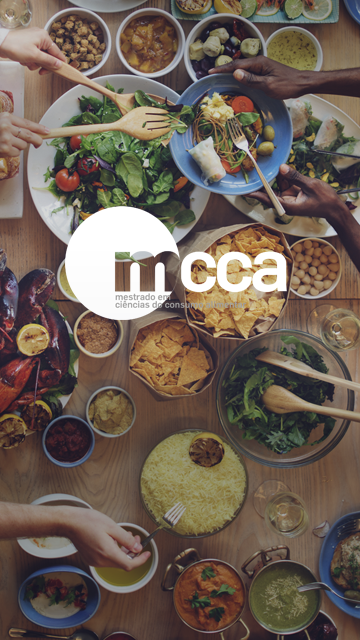
By adopting a multidisciplinary approach, this master's degree aims to enable participants to intervene in processing, distribution and consumption activities; leading actions aimed at changing attitudes and behaviours with a view to healthy food consumption practices; and participate in the processes of creation, development and implementation of new products. Did you know that our food choices have an impact on the planet's sustainability? Find out more on this degree, which is supported by FAO Portugal and the Community of Portuguese-Speaking Countries (CPLP).
Coordinator:
Vice-coordinator:
Candidates are required to meet one of the following pre-requisites:
Course accredited by A3ES with DGES registration: R/A-Ef 1109/2011/AL01
Mixed teaching (elearning with face-to-face moments).
This master's degree is recognized for progression in the teaching career of groups 230 and 520 of the 2nd cycle of basic education, and the 3rd cycle of basic education and secondary education (in accordance with article 54 of the ECD).
FAO - Food and Agriculture Organization of the United Nations is one of the United Nations agencies
The MSc in Food Science and Consumption is divided into years. The first year (60 ECTS) corresponds to the curricular component and is developed in two semesters.
The second year (corresponding to 60 ECTS) is reserved for the preparation of an individual research project (dissertation) ending with a final oral discussion. It is dedicated to the preparation, realization, presentation, and defence of a dissertation/internship report with oral defence of the dissertation/internship report (Dissertation/Internship, 50 ECTS), with monitoring of the progress of the work developed within the scope of the dissertation/internship (Food Consumption Sciences Orientation Seminar, 10 ECTS).